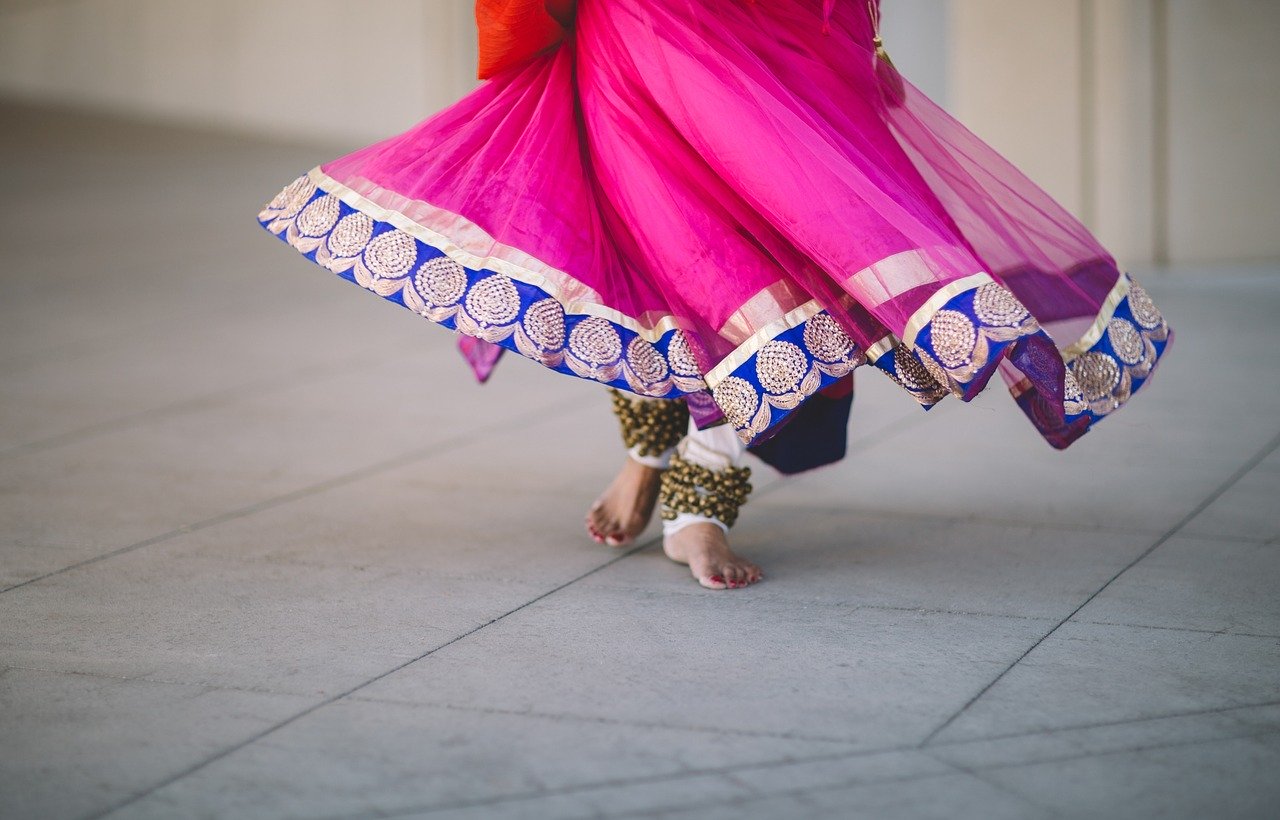In March 2020 researchers from Spain published the results of their study to assess the effect of dance on cognitive function. The researchers stated that dancing combines physical exercise with music and involves the retrieval of complex sequences of steps and movements. A total of 26 non-professional salsa dancers (age-range 49-70 years) and 20 non-dancers (age-range 49-70 years), who acted as a control group, were involved in the study. Each individual underwent various cognitive related tasks including an assessment of their spatial memory performance. Results showed that dancers outperformed the non-dancers in cognitive-related tasks. However, the two groups did not differ in spatial memory performance. The researchers concluded that dancing may be a way of slowing down the natural age-related cognitive decline. It should be noted that a major limitation in this study was the lack of a fitness assessment in both groups. In addition, since dancing combines multiple factors like social contact, aerobic exercise, cognitive work with rhythms and music, it is difficult to know how much these factors contributed to the result. Further research is required.
Noguera C et al. Shall We Dance? Dancing Modulates Executive Functions and Spatial Memory. Int J Environ Res Public Health. 2020 Mar 17;17(6). pii: E1960.

